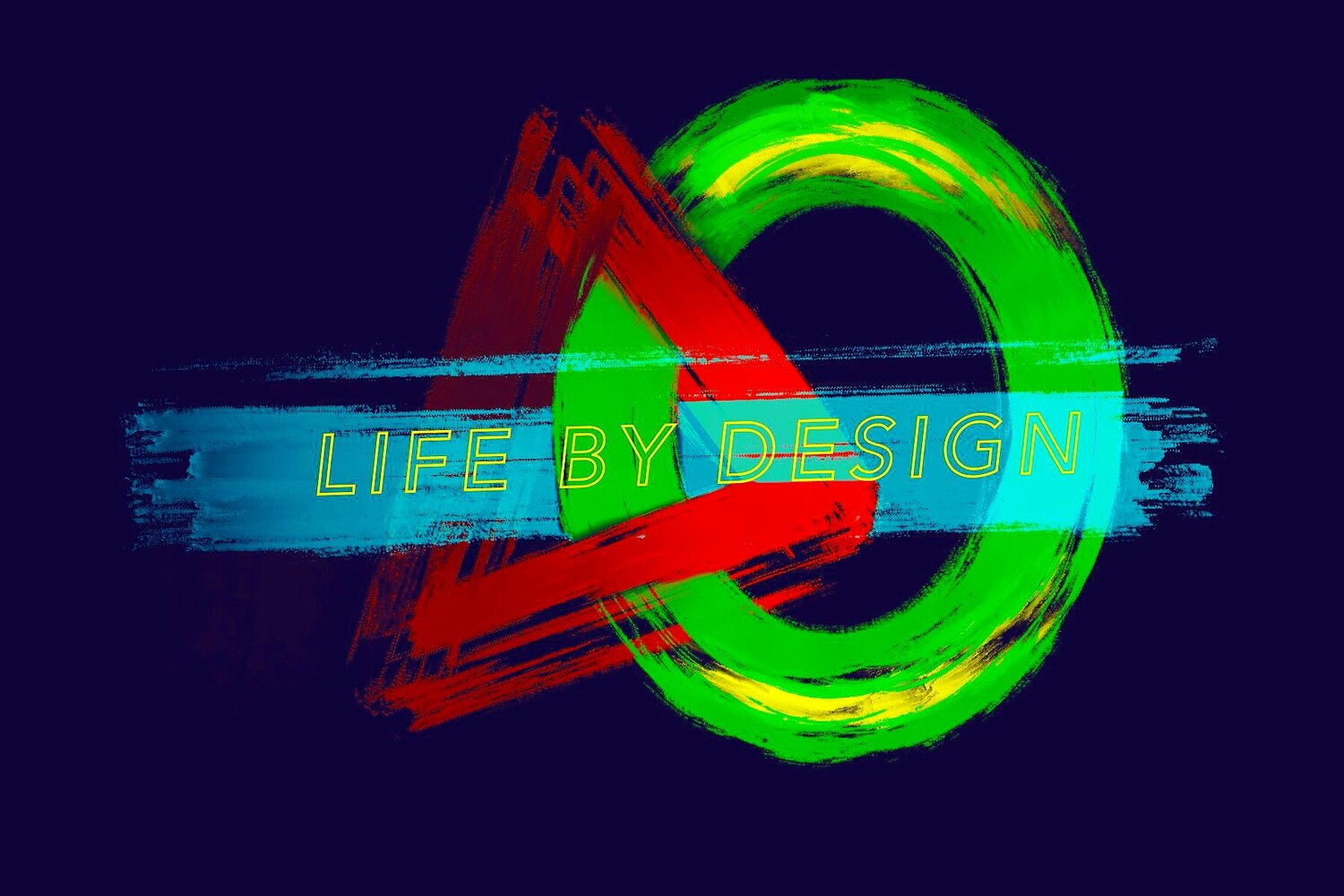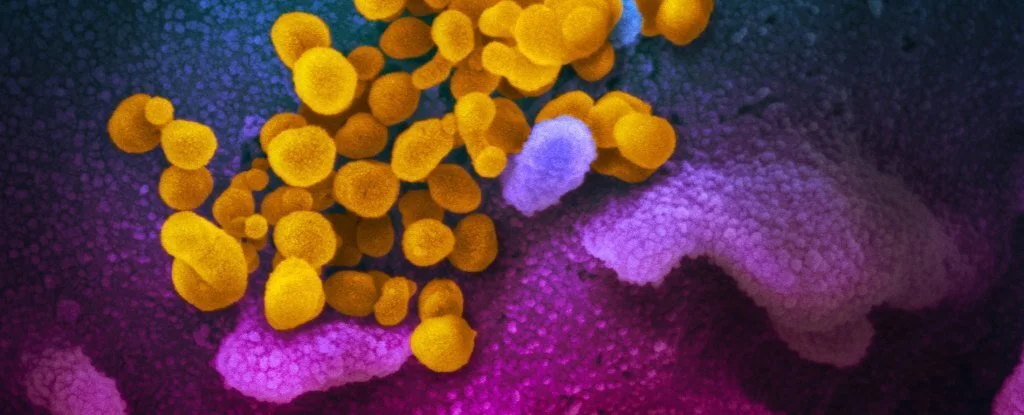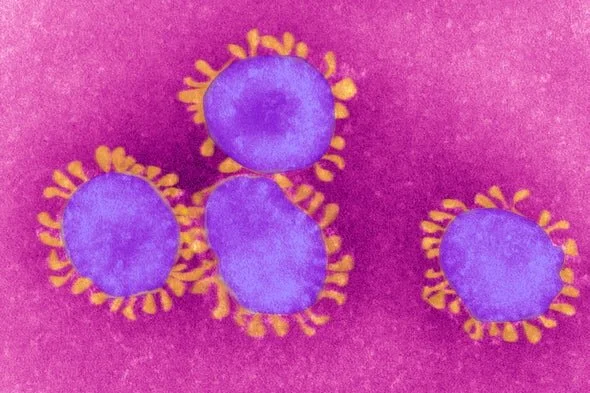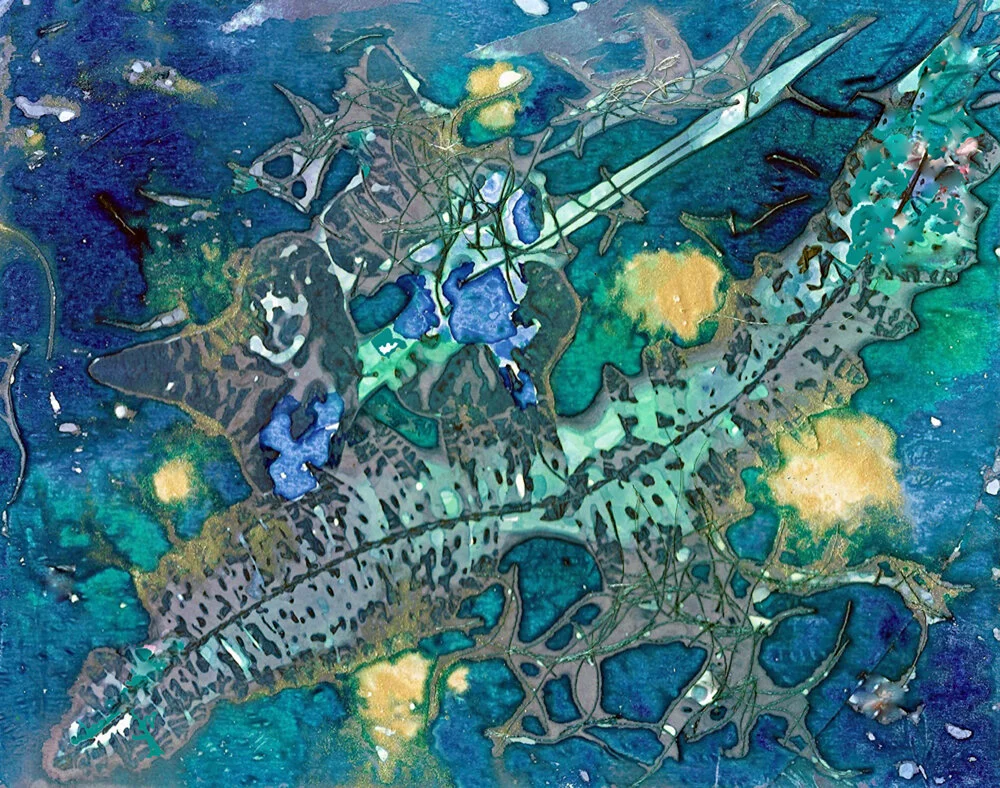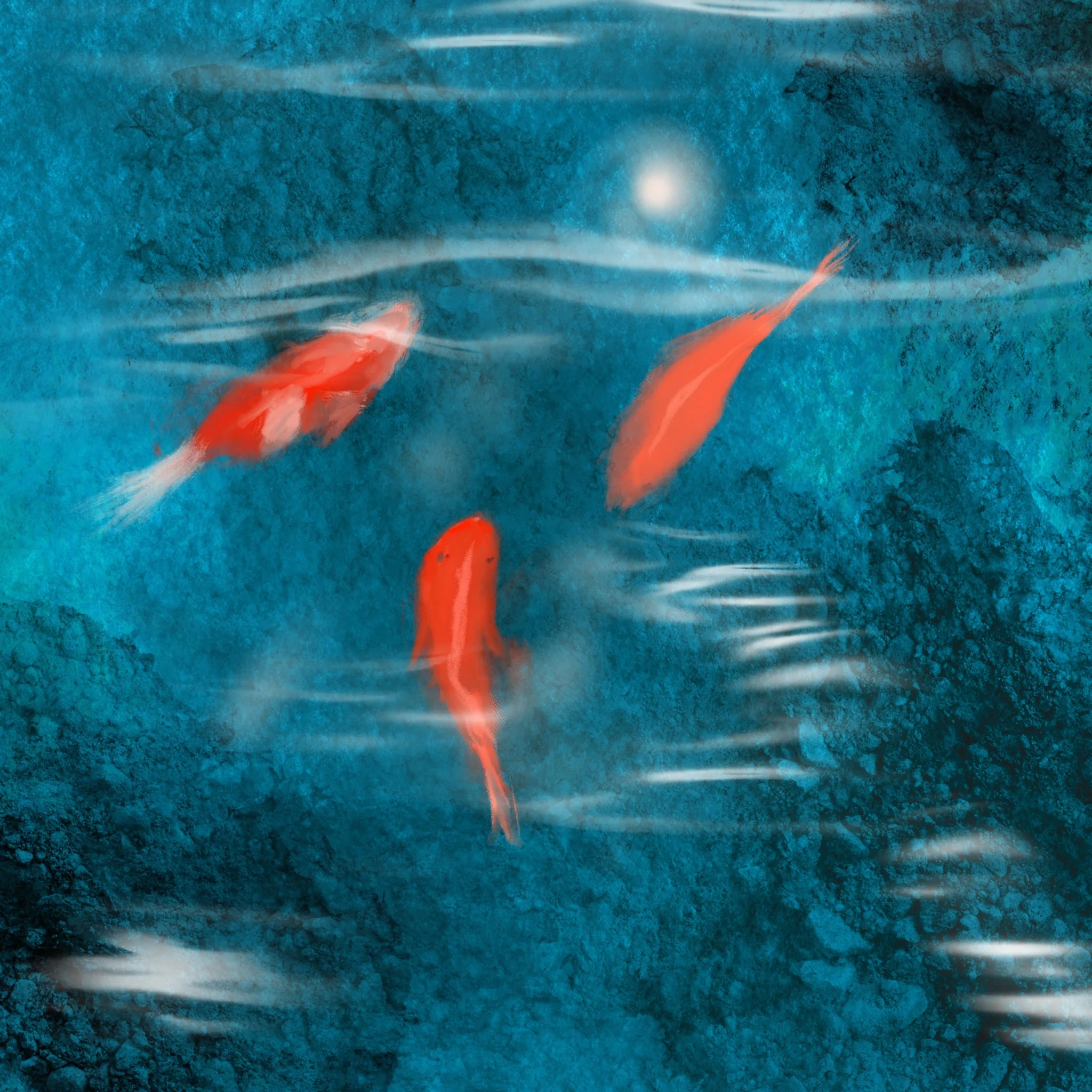It’s about moving from thought to action to create agency
"Am I Broken?"
Psychological Response to Disaster: What is different about COVID-19
COVID-19: Mind & Body
Hope: Life's Driving Force
Tic Tok to Egg Nog
Men, please open up, share, become a better version of yourself
Here Comes Christmas
It’s almost cliche by now to talk about holiday depression. But, cliche or not, it is a genuine reality for so many people. It is almost impossible to imagine that we can’t on the face of it understand how it comes about. But just as we understand tornados and know there are seasons for them, when they hit, they are just as destructive as if we didn’t understand them and were surprised by them.
Holidays aren’t normal. They are occasions for exaggerating certain aspects of life that bring us happiness. They are supersaturated sugary sweets that you can handle occasionally and not as a routine diet. And just like intense sugary deserts, once tasted, everything else feels, well, dull.
The first thing to understand is that holidays in the northern hemisphere comes on the heals of winter onset with Seasonal Affective Disorder already taking its toll on us. Throughout the world, long nights of winter have been battled against with light festivals and holidays that bring light to life. But there is only so much lighting your life can do. Lights also don’t combat the cold. However, this is just a contributory stressor as holiday depression occurs in the Southern Hemisphere as well when summer is in full effect during this time.
As in all facets of life, the discrepancy between expectations and reality is what stresses us out the most. What we think we “should” have or be is usually unmet by what actually happens in our life. We often don’t distinguish between hopes and expectations.The stronger our hopes lean into being expectations, the more damning our disappointment becomes. Once we set a high expectation, what we can accomplish is almost always less than what we expected and therefore disappointing.
Our expectations are set by others, not us. We just adopt them almost like the Stockholm syndrome. We watch TV, see posts on social media, watch movies and read books about the holiday experience and see that it is “supposed to be” filled with joy, abundance, love and companionship. There is no disease portrayed, no poverty or homelessness, no distress and discord and certainly no hunger. And there is so much shiny stuff. Cars, jewelry, clothes, travel, sounds and sights of red, green, white, and gold.
Our Christmas myths have also included the belief that if we don’t have the abundance we hope for it must be our fault (coal in the stocking…naughty or nice..) You may think these are childhood ideas and we abandon them when we get past age 10 but in reality the theme stays with us. These are old Christian themes too: Poverty has historically been seen as the fault of the impoverished. So the double whammy is that we look around at our life and start seeing the stark contrast to the standard that is set for us as to what our life should be. This realization hits us at right after Halloween or even earlier since commercials for Christmas now begin in September. We find ourselves in a tail-spin of trying to meet those expectations that fast approach in a few months. The stress in enormous and the magnitude of self-deprecation for not being able to meet our standards is crushing.
I often watch TV and wonder who is going to get two brand new Lexuses or BMWs with large red bows over them. I frequently wonder what young children living in Section 8 housing is thinking and feeling when they see magnificent table settings, full of amazing food surrounded by overjoyed, well-dressed and “perfect” people mingling in large rooms that can accommodate 30 people. What does a single mother feel watching commercials about a happy couple sitting with their 2 ½ children around the fire opening huge presents? These are, like it or not, expectations or mental schemas we have about holidays. And, our reality of how we celebrate the holidays is, for most people, vastly different. The small joys we can find in our life are often overshadowed and diminished by the stress leading to relationship discords, Love is replaced by blame over smallest of things, connectedness is replaced by isolation.
It does not have to be this way. First, please start early in disabusing children that love is conditional on their behavior and rewarded with gifts. Gifts are given because we love, that is true but not as its proof. And let them know that making mistakes is part of growing up and we pay for it by the negative it naturally brings not by getting a piece of coal. Learning how to enjoy small moments of happiness, bliss, fulfillment and satisfaction is a practice that, if maintained and done daily, can go a long way to create silos of protection against the deluge of stress. Current vernacular is mindfulness but really all that means is taking the time to appreciating what you have in the here-and-now. If your eyes blink ok, if you are breathing in and out and if more body parts are doing what they should than those who don’t then you have something to appreciate and take a bow for. If you don’t believe me, take an inventory now and imagine if these things were not working….yeah, it’s nice, right? I thought so.
Bring color, light and shiny into your life. It does not have to be expensive. Shiny decor and strings of Christmas light reflecting them create a sense of joy and increase stimulation to your brain. Play music and move to it—notice I said move and not dance. Dance is intimidating, movement anyone can do. Treat yourself to some sweets…yes, it’s OK to gain a few pounds. Its winter, you are hibernating. You’re a mammal.
What about gifts? Trying to think of what people around you will like or won’t can be daunting. Don’t give into that stress. Create memories instead. Invite people you care about together in a pot luck situation or join a potluck party either at someone’s home or church or social agency. Sharing food and drinks that people like and reminisce about stories you all find enjoyable, or learning new stories of people you meet can go a long way to give you something to smile about and occupy your mind positively. Loneliness is the hardest factor on us during the holidays, so if you can, find someone who has nowhere to go and be their joyful company. If you are the one who is lonely, be bold. Invite yourself to a church gathering, a friends’ get together or create a social media event for yourself and others who are also lonely.
Most importantly, remember that these moments, good or bad, will pass and life will resume its normal path. For next year though, start preparing early by learning to find joy in what you have, getting along with people better and creating connections with new people, save money, be watchful to discover what those you love enjoy a lot and make a list of that so when it comes to giving them presents.
Holiday blues are real. They will affect even the rich people who get to Lexuses with red bows on top of them. No one is immune from it so here is one thing that brings the rich and the poor together. If you can’t seem to get past the holiday blues, seek professional help. A short course of counseling can help a lot.
Happy holidays.
The Healing Journey of Life
When we are wounded, the immediacy of the pain and injury pushes us to want a quick fix. Often, treatment of some sort will allow that to happen. But healing, that’s a whole different dimension and takes time and a lot more care than any treatment can provide.
So, what is healing? At the risk of sounding too philosophical, healing is the integration of that which you have suffered into your whole being and in the process becoming something better than before the injury occurred. The result is you becoming your best self.
Injury is simply any harm done to a part or aspect of your being. A broken leg, a broken heart, a cut to your finger or to your soul, are examples of harms. Injury is momentary in its action; a single word, a five second mishap, an act out of anger cause injury. What happens immediately upon being injured is that our body and mind marshals resources to assess the damage. We try to find a safe refuge, figure out what has happened, how bad the damage is and begin to do what we can to stop the damage from further harming us or expanding the injury’s reach. We lick our wound.
After the initial injury is no longer acute, and as we go about living our life’s routines, we discover that the injury has incapacitated us in some way. We can’t move as well, can’t think straight, and can’t stop our tears from clouding our vision and so on. So we wipe the tears, take medicine to dull the pain, compensate by using the parts of us that still function and…sleep more. We reduce as many of the demands on our functioning as we can to cope. These interventions aimed at gaining our old functionality back is what I call treatment. Some require professional intervention, but often we treat it ourselves and maybe with the help of other people around us.
The second phase of post-injury management leads us eventually to resume our old ways of life. We go to work, live and love, eat and re-establish routines. All is well, right? Sure. But only in the eyes of others. Soon, since we are upright and seem OK we are assumed to be, even often by ourselves, back to our old selves. But we aren’t.
No injury leaves us without scars. And where there is scars, there is disfiguration. We are never the same after an injury and life has a way of reminding us of it. An old broken ankle reminds you it was broken every winter, a cut thumb can no longer feel the touch of the pen you hold exactly as it once did and your soul and psyche, well, they don’t quite trust as they once did or experience joy as carelessly as before. We notice these things often subtly but at times profoundly and we put it out of our minds. We do so because what is the point of dwelling on them, whining about them or letting them distract us. We compensate and find work-arounds.
There is nothing fundamentally wrong with this approach. For smaller injuries be they physical, spiritual or emotional, it works fine. But the bigger the injury the harder it is to function even adequately with this mode of operation. Intrusive thoughts, sluggish or limited functionalities and re-asserted pain takes up so much effort to manage and shove back down that it leaves us exhausted and with little resources for life’s positive forces. Don’t get me wrong, you can still look pretty good and fool everyone else and appear functional. And to a large extent you are functional but your psyche and soul are eroding rapidly. They are declining in capacity and resilience and deep inside you know it, you feel it.
So what to do? Pursue and seek healing! Healing begins, first and foremost, with an unapologetic acknowledgement of the pain you are in. The journey of healing, past the acknowledgement chapter, continues with telling the story. YOUR story of what has happened to you. YOUR story of your own pain, YOUR feelings of injustice, anger, frustration, despair, and yes, even gratitude. I emphasize YOUR because when you are injured no one but YOU knows what the injury has done. Others, even if they have gone through your exact circumstances, bring THEIR story to the picture and assume you to have experience the same. Your injury becomes their story not yours.
The healing journey can only happen with deep trust in one person who is willing to suspend their own burdens and listen to yours with patience, with a caring heart and an acute mind. A person with the patience to sort through the confusion that your injury and its subsequent treatment has created and help you untangle the complexities of feelings and intersecting scars.
The healing process integrates your injury into a your whole system. You no longer just accept it and deal with its consequences, you grow from it and become a better person. Healing is about taking each injury and uncovering what in your soul, psyche and character has helped you not succumb to the suffering and pain. It uncovers the forces of your resilience and deepens your capacities for thriving.
I have had a few years to reflect now. Upon reflection, I am comfortable with my identity as a healer. I am a healer at heart. That is what I do and love doing, that is what I know how to do, and that is who I am. And the pain of the last few years has certainly added to my conviction about what I can do with my life.
So, starting January of 2020 I have decided to open my counseling practice again so I can help people heal. That is how I can contribute to the world again and find my footing after such a tumultuous time in my life. Will you help me reestablish this practice? I will need your support. leaver your comments and support below. I would love to hear from you and your journey of healing.
Foad
The Myth of Self-Reliance
But...this isn't how it was supposed to be
There is nothing truer about life than this statement. At some point in our life time, we face the unexpected. Of course, a lot of us do anticipate bad things happening. That’s why we buy insurance, isn’t it? People die, natural disasters happen, we get sick, we lose our property and other assets, we are fired from our job, we face the criminal justice system. All of these, no matter how well anticipated, are a shock to our system. We find ourselves in the crosshairs of life’s disasters more often than we would like and it hurts every time.
So, what do we do? First, we feel. We feel angry, anguished, sad, anxious, devastated, numb, befuddled, confused and restless. We feel helpless, hopeless, unable to think through the easiest things we once handled with ease, and you have such low energy that fighting gravity seems like a monumental and utterly unimportant undertaking. Exhausted and drained of internal resources we resort to maladaptive behaviors. Drink too much, change our eating and sleeping habits to our own detriment and isolate from others. After-all who wants to be a drag to others or a burden on those in their circle of friends? No one could possibly understand what you are going through? They can’t carry your burden for you so what is the point? And the ultimate, unanswerable question: Why me?
Sound familiar? What did you do when facing such a situation? How long did it take you to climb out of the hole and regain your footing? If you didn’t, how did you adapt to the new low? Or, are you dealing with this actively now?
The bigger question is why do we feel so overwhelmed and alone in facing such life circumstances when there are literally millions of people daily who share our burden on a daily basis? What is it about these life experiences that makes it so unique to us when it is so commonly shared? You are not going to like the answer: Narcissism. Yup, self-centric view of the world and ourself makes these injuries very, very personal.
Before you quit reading out of disgust, let me explain. All of us are, to some degree, narcissistic. We take in the air around us at the expense of others when we breath. We eat food that another could eat…so survival alone demands at least a little bit of narcissism. That is the survival instinct in all of us. But this instinct gets extrapolated by our psyche into a set of expectations from life. Let’s call them entitlements or “shoulds”.
I should have a good job, I should be happy, I should marry someone by a certain age, I should have money, I should never get sick, bad things should not happen, at least to me. Should, should, should. But all of these should are false expectations. Why should these things happen to others (as badly as that may make you feel) and not you? Why is it terrible for others to have “bad luck” but for you it is an unmitigated disaster? How can you convey your support and encouragement to others in bad situations by saying things like “don’t worry, it will get better” but when it comes to you, self-consoling escapes your mind?
Mind you, I am not saying you have no right to your emotional reactions or even your sense of injustice, betrayal, outrage and loss. I am saying that if you begin by accepting that you are not entitled to something more than others, or entitled to a better life than others, you will find comfort in knowing that you are not alone.
When the realization settles in that you are not alone, you will not be afraid to share your pain, your experience, your disappointment and bewilderment with others. And in so doing you will garner support, love, understanding and compassion, all of which will sooth the pain a bit and cushion the blow of the wrecking ball that hit you sideways.
It is only in moderating your expectations and reaching out that you can find some solace and maybe even solutions, if there are any, to your problems. Who do you have in your life whom you can talk to, reach out to? If you haven’t thought about this question, do so very soon. Make a list of at least 5 people you can reach out to. Then reach out to these people and tell them they are on your list and if it is OK for them to be there. Give them the heads-up and the option to be there for you when you need them. Keep that list very close and accessible.
Equally importantly, in whose life are you the person that could be on their list? Who can rely on you with their burdens? If you don’t know, think about it and make a list. Then, reach out to them and tell them to put you on their list. Let them know you love them during good times and bad and even if you can’t do anything to fix their problems, you will be there for them.
Narcissism destroys our share humanity. Our humanity will save humanity. The more we exercise this collective gift, the more we strengthen it. Accept that life had burdens, but also accept that humanity has the strength to carry its burdens.
Be well. And share this post, write your story or feedback.
